
WHAT WAS THE 1918 SEDITION ACT?
On 16 May 1918, President Woodrow Wilson of the United States signed a piece of federal legislation into law. In fact, this 'Sedition Act' was an amendment to the Espionage Act passed by the US Congress 11 months earlier. Despite years of efforts to maintain the country's neutrality while World War I consumed Europe, America had finally entered the conflict in April 1917. Within weeks, any outlet that cast the US war effort in a negative light, and anything that undermined the government's sale of 'liberty bonds' - debt securities used to fund the Allied cause was criminalised.
The subsequent Sedition Act expressly persecuted "disloyal, profane, scurrilous, or abusive language" directed against the government, the national flag and mass conscription (the draft) during wartime. Throughout its enforcement, more than 2,000 Americans were arrested, with some fined upwards of $10,000 and others sentenced to 20 years in prison. Wilson's administration, conscious of the public appetite for keeping America out of the war, as well as political opposition from pacifists, anarchists and socialists, fast-tracked the legislation amid a climate of hysteria.
WHY WAS IT PASSED?
To rally the public behind the war effort, Wilson established the Committee on Public Information (CPI) and appointed a public relations guru, George Creel, to head it up. Finding the word 'propaganda' distasteful, Creel instead regarded his brief as akin to advertising - selling a positive angle on the conflict to Americans. Meanwhile, the government, in collaboration with legislators on Capitol Hill and the era's leading newspaper magnates, mounted a concerted effort to get the Sedition Act passed by Congress.
Bu hikaye BBC History Revealed dergisinin May 2023 sayısından alınmıştır.
Start your 7-day Magzter GOLD free trial to access thousands of curated premium stories, and 9,000+ magazines and newspapers.
Already a subscriber ? Giriş Yap
Bu hikaye BBC History Revealed dergisinin May 2023 sayısından alınmıştır.
Start your 7-day Magzter GOLD free trial to access thousands of curated premium stories, and 9,000+ magazines and newspapers.
Already a subscriber? Giriş Yap

'Dickens's evocation of the fears, excitement and confusion of childhood is peerless'
DR LEE JACKSON ON WHY CHARLES DICKENS REMAINS RELEVANT TODAY
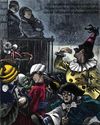
THE AUTHOR GOES ABROAD
Dickens expanded his horizons and boosted his fan-base by venturing overseas - but global fame came with a cost
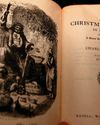
REVIVING THE FESTIVE SPIRIT
A Christmas Carol wasn't just a bestseller - it changed the way that Britons chose to mark the festive season
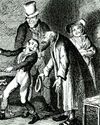
GIVING THE POOR A VOICE
From Hard Times to Oliver Twist, Charles Dickens used his pen to help illuminate the lives of the less fortunate
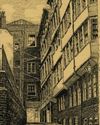
A JOURNEY THROUGH DICKENS'S LONDON
The works of Charles Dickens are synonymous with visions of Victorian London. We talk to Dr Lee Jackson about the author's love of the capital, and the locations that most inspired him
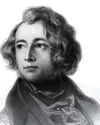
EXCEEDING EXPECTATIONS
Dr Lee Jackson chronicles Charles Dickens's journey from down-at-luck teenager to titan of Victorian literature

GIFTS, TREES & FEASTING
We take a journey through the photo archives to reveal how Christmas and its many traditions have been celebrated over the years - and around the world
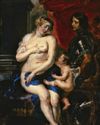
WHAT GREAT PAINTINGS SAY
We explore the story behind an allegorical painting that celebrates the triumph of love over hate, peace over war
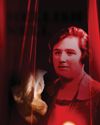
HELLISH NELL
Malcolm Gaskill delves into the life of Helen Duncan - the fraudulent Scottish medium whose ectoplasm-filled seances saw her ending up on the wrong side of the law

7 THINGS YOU (PROBABLY) DIDN'T KNOW ABOUT THE WHITE HOUSE
Presidential historian Dr Lindsay M Chervinsky reveals some of the most surprising facts about the world-famous US residence